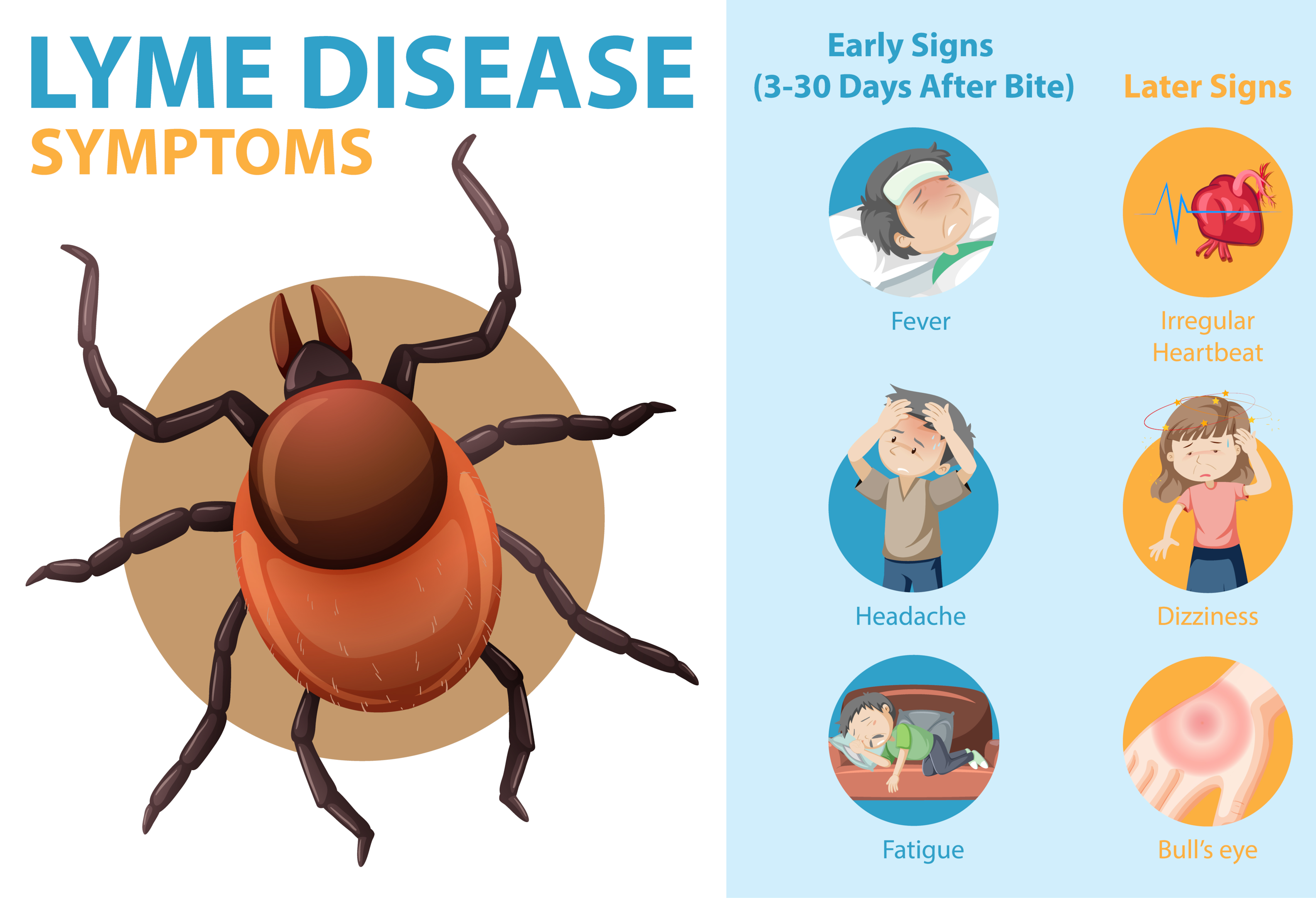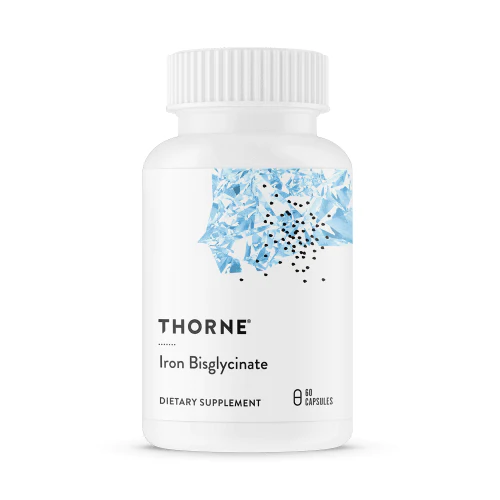Can Lyme Disease kill you?
.png?v=1669744325034)

Related products
What’s covered?
If you've been outdoors and suddenly become fatigued or develop a rash, then it would be best not to ignore the symptoms. You might have contracted Lyme disease.
According to the government of the United Kingdom, around 3000 people get affected by Lyme disease annually. It is a considerable number. Isn’t it? Considering the increasing numbers, people have become more concerned about the disease's fatality rate.

Now to understand whether Lyme disease can kill you or not, let us understand a few things;
Causes of Lyme Disease?
An infected black-legged tick is believed to carry a bacteria named Borrelia burgdorferi. When this infected tick bites a person, it transfers the bacteria into the human body, and that person becomes infected with Lyme disease.
Most people catch this illness from green areas like parks, gardens, or forests. Some tourists consider Lyme disease a nightmare that fades the joy of their adventurous trip.
Stages of Lyme Disease:
A bacterial infection spread caused by a tick bite progresses throughout the body in 3 stages.
Stage 1:
When the tick bites you, the bacterial infection spreads to that area. It is also called a localized infection caused by microbes.
Symptoms of Lyme disease stage 1:
The common symptoms of Lyme disease (localized) are;
-
Fatigue
-
Low-grade fever
-
Neck stiffness
-
Flu-like symptoms
-
Erythema migrans (a type of red rash) is Lyme disease's first symptom. It is somewhat similar to the eye of a bull. These rashes are painless and also cause no itching. In rare cases, it may be painful)
This stage lasts for about 28 days.
Stage 2:
If, after 28 days, stage 1 is left untreated, it transforms into stage 2. This stage can be defined as the spread of microbes to nearby tissues.
Lyme disease symptoms stage 2:
The dissemination of the bacteria shows acute signs like:
-
Malaise (severe fatigue)
-
High-grade fever
-
Dizziness and unconsciousness
-
Pain in the eye, legs, and other parts
-
Arthritis
-
20% of patients may suffer from CNS symptoms as well
-
Red bluish swelling on ear lobes or nipples ( this symptom is mainly reported in European cases)
Stage 3:
This stage is a chronic form of tick-borne illness. It occurs after 11-12 months of the untreated tick bite.
Lyme disease symptoms stage 3:
The following lethal symptoms that are related to the nervous system are reported in chronic stage 3;
-
Meningitis (brain cover becomes swollen)
-
Psychiatric symptoms like seizures and memory loss
-
Arthritis (most prominent on knee joints)
-
Hearing loss
-
Arrhythmia
-
Major heart arteries may become blocked
Stages 1 and 2 of Lyme Disease are curable:
Antibiotics can treat the first two stages of this bacteria-borne illness with antibiotics. The period of antibiotic therapy depends on the following;
-
Age
-
Gender
-
The severity of the disease
Even the cardiovascular and neurological disorders of these stages get better with antibiotics. Therefore, if the patient feels any Lyme symptoms, specifically rash and fatigue should consult a physician immediately and start taking medicine.
Stage 3 of Lyme Disease is alarming:
Patients who neglect the early signs of the illness make their disease progress to the chronic stage. There are many cases reported in Europe that such patients who did not show any early signs of the infection develop stage 3 of Lyme disease. It is an alarming condition.
Don't lose hope if you find yourself in the late stage of Lyme disease. A proper combination of antibiotics and other medicines can treat the symptoms up to a large extent. People have even entirely recovered from this phase, but it takes much longer.
The treatment of the late stage is very costly. Also, this is a difficult time; some patients may become exhausted from the medicines and the treatment procedures.
Diagnose Lyme Disease:
The only way to prevent the spread of this disease is an early diagnosis. It will make it easier for doctors to treat the symptoms. The affected individual shows rapid recovery in the early stages.
As long as you delay diagnosing Lyme disease, the symptoms worsen, the disorder progresses, and it will become challenging to prescribe suitable antibiotics. And as you know, Lyme disease can become an untreatable chronic condition that causes severe consequences.
How is Chronic Lyme disease diagnosed?
In most cases, the physician diagnoses the disease from the bull eye rash. The doctor may ask for a blood test in other cases. In the blood test, bacteria are cultured to check their presence in the body. Have a look at our Lyme Blood Test kit available for use at home.
How can I prevent Lyme Disease?
Try to cover yourself adequately whenever you go camping or on any forest or garden trip. Ticks can not bite above your clothes; hence you will be protected from their toxins. You can also apply tick repellent on your skin to avoid contact with it.
Who is at risk of tick bites?
Since the tick bite causes it, it is common among tourists who often visit woodlands and other such places. At the same time, farmers are the main proportion of people living with Lyme disease. If you travel to parks, gardens, or countryside areas and get bitten by the tick, you may also be at risk.
Complications of tick bites in pregnant women:
Recent researches suggest that the bacteria that causes Lyme disease can cross the placenta and infect the foetus. If you are pregnant, then before any further delay, get in touch with a gynaecologist. Though this seems like a big problem, appropriate medicines and antibiotics can cure it.
Conclusion:
From the above-detailed information on the disease's causes, symptoms and severity, you can say that Lyme disease is not a fatal disorder. It has been reported that even the chronic form has been cured with correct antibiotics and other symptomatic treatments.
But one should never delay the diagnosis and the medicines as we see the late symptoms are hazardous. Cardiovascular and neurological disorders can make your life complicated. These symptoms can become lethal and may end up taking your life.
Take precautions, go for an early diagnosis and get treated early.
Order the Welzo Lyme Blood Test today.





























 Rated Excellent by 14,617+ Reviews
Rated Excellent by 14,617+ Reviews